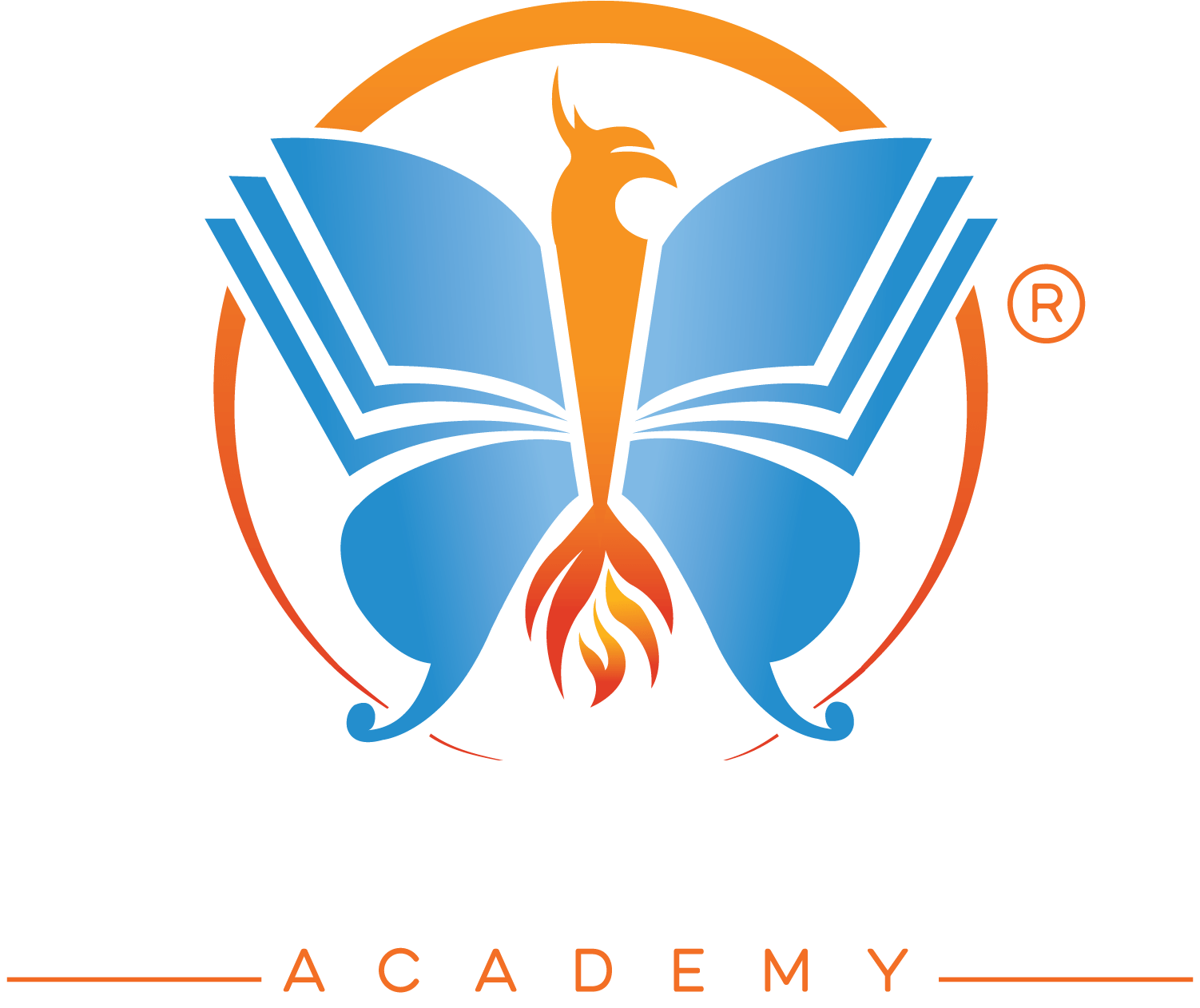 https://transformationacademy.com/wp-content/uploads/2023/05/Untitled-design-65.png
1260
2240
Joeel & Natalie Rivera
https://transformationacademy.com/wp-content/uploads/2021/03/Transformation-Academy-L-300x252.png
Joeel & Natalie Rivera2023-05-16 08:00:582024-04-01 16:20:37NLP Coaching: A Life Coach's Comprehensive Guide (Neuro-Linguistic Programming)
https://transformationacademy.com/wp-content/uploads/2023/05/Untitled-design-65.png
1260
2240
Joeel & Natalie Rivera
https://transformationacademy.com/wp-content/uploads/2021/03/Transformation-Academy-L-300x252.png
Joeel & Natalie Rivera2023-05-16 08:00:582024-04-01 16:20:37NLP Coaching: A Life Coach's Comprehensive Guide (Neuro-Linguistic Programming)NLP Coaching: A Life Coach’s Comprehensive Guide
As a life coach, you’re committed to helping your clients achieve their goals. However, it’s only a matter of time before your client hits a roadblock they can’t seem to pass. Maybe the little voice inside their head is loud with negative self-talk and limiting beliefs… Maybe it’s their tendency to repeat the same behaviors over and over again… Or maybe it’s an inability to take action when they’re bogged down by fear and anxiety…
Whatever it is, when a client keeps getting in their own way, it can be frustrating for everyone involved. One method you can use to help clients overcome the constant questioning of, “Why do I keep doing this?!” is NLP coaching. In this blog, we will explore the origin of NLP, its benefits, and popular tips and techniques for using it with clients.
What Is Neuro-Linguistic Programming (NLP)
Neuro-Linguistic Programming (NLP) is a communication and personal development method that focuses on the connection between neurological processes, language, and behavior. The foundation of NLP is based on the belief that how we think, communicate, and behave is interconnected and can be changed to achieve personal and professional success.
NLP was developed in the 1970s by Richard Bandler and John Grinder. Bandler and Grinder studied successful therapists and communicators to identify their strategies to achieve their goals. Since then, NLP has been applied in a variety of fields, including coaching, counseling, education, and business.
Key principles of NLP include:
- We each have a unique perception of the world. NLP recognizes that our perceptions of the world are influenced by our experiences, values, and beliefs and that each person’s perception is unique.
- Our thoughts, feelings, and behaviors are interconnected. NLP recognizes that our thoughts, feelings, and behaviors are interconnected and that we can change others by changing one.
- We have the resources within us to achieve our goals. NLP recognizes that individuals have the resources within them to achieve their goals and overcome obstacles and that by tapping into these resources, individuals can achieve greater success and fulfillment.
Why a Life Coach Should Use NLP Coaching Techniques
Using NLP coaching techniques in your coaching practice can offer numerous benefits for both you and your clients.
For example, NLP can help clients:
- Overcome limiting beliefs and negative self-talk
- Improve communication skills and improve relationships
- Increase self-awareness and emotional intelligence
- Manage anxiety and stress, and build emotional resilience
- Improve decision-making skills and enhanced leadership
- Ward off procrastination tendencies
- Set and achieve more meaningful goals
- Overcome negative effects of past traumas and experiences
- Creatively generate new solutions to old problems
In short, mastering the art of NLP coaching can help you be more effective, build better relationships with your clients and offer a more holistic and personalized approach to coaching.
5 NLP Coaching Techniques Every Life Coach Should Learn
There are many ways to incorporate NLP into your coaching practice. Here are a few techniques you can try:
1. Reframing.
Reframing involves helping clients change their perspective on a situation. By shifting their focus, clients can see a situation more positively, leading to greater motivation and a sense of empowerment. For example, if a client is struggling to achieve a goal, you could help them reframe the situation by asking, “What would happen if you did achieve this goal?”
2. Anchoring.
Anchoring involves associating a specific feeling or emotion with a physical sensation or action. For example, if a client is feeling anxious before a presentation, you could help them anchor a feeling of confidence to a specific physical action, such as taking a deep breath or clenching their fist.
3. Meta-Modeling.
Meta-modeling involves asking questions that help clients clarify their thoughts and beliefs. For example, if a client says, “I can’t do this,” you could ask, “What specifically makes you believe that you can’t do it?”
4. Timeline Therapy.
Timeline therapy involves working with a client’s timeline of their life, helping them to release negative emotions and limiting beliefs associated with past experiences. For example, you could help a client release anger or frustration associated with a past experience and create a new positive association with that experience instead.
5. Swish Pattern.
The Swish Pattern involves helping clients change negative thought patterns or habits by creating a new positive mental image or visualization. For example, if a client is struggling with a habit, you could help them create a new mental image of themselves without the habit and “swish” to this image when they feel the urge to repeat the habit.
Considerations for NLP Coaching
While NLP can be a powerful tool for coaches, it’s important to consider a few things before incorporating it into your practice:
-
NLP is not a substitute for therapy.
While NLP can be used to address certain emotional and psychological issues, it’s important to refer clients to a licensed therapist if they need more intensive support.
-
Be mindful of your clients’ boundaries.
NLP involves accessing and changing thought patterns and behaviors, which can be a deeply personal process. Be sure to respect your clients’ boundaries and only use NLP techniques with their informed consent.
-
Use NLP in conjunction with other coaching techniques.
NLP is just one tool in your coaching toolkit. Be sure to incorporate it into a holistic coaching approach that addresses all aspects of your client’s life.
-
Use NLP techniques only when they are appropriate and relevant to the client’s goals.
Take the time to understand your client’s needs and goals and determine which NLP techniques are most appropriate for their unique situation. Consider factors such as the client’s learning style, personality, and cultural background when selecting and using NLP techniques. For example, a client who is more visual may benefit from NLP techniques that involve visualizations, while a client who is more analytical may benefit from techniques that involve logic and reasoning.
-
Keep your client’s safety and well-being at the forefront of your coaching sessions.
You should ensure that the techniques you use are safe and appropriate for your client and that they are not causing any harm or distress. For example, if a client has experienced trauma in the past, you should take care when using NLP techniques that may trigger traumatic memories or emotions.
By being mindful of these considerations when using NLP techniques in your coaching practice, you can help ensure your clients receive the best possible support and achieve their goals safely and effectively.
Become a Certified NLP Coach and Practitioner
In conclusion, NLP is a powerful tool you can use to elevate your coaching practice while helping clients get better results. By learning NLP, you’ll help your clients navigate roadblocks, become master communicators and overcome limitations they’ve experienced since childhood.
If you’re interested in adding NLP to your coaching toolbox, check out Transformation Academy’s NLP Practitioner and Life Coach Certification. Inside the program, you’ll learn how to help your clients become masters of their own destinies from world-renowned NLP expert David Key and leading life coach training instructors Joeel and Natalie Rivera. If you want to make a real difference in your clients’ lives, NLP is the most powerful, practical, and in-depth tool you can learn. And you can start right now!









